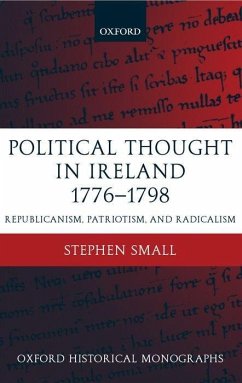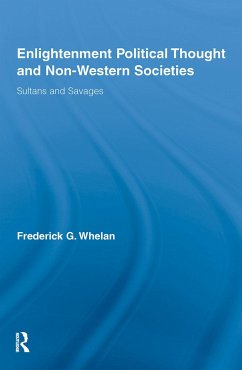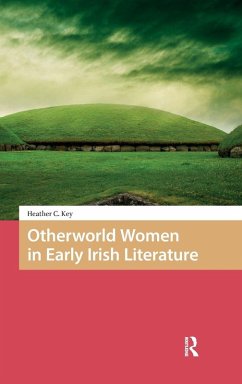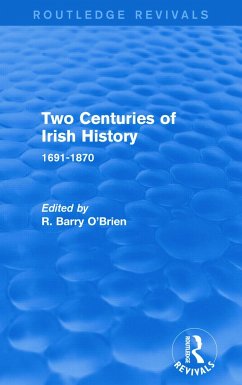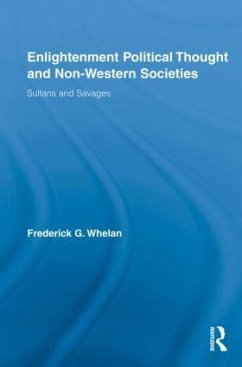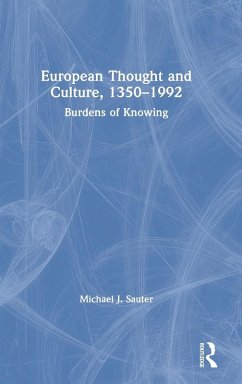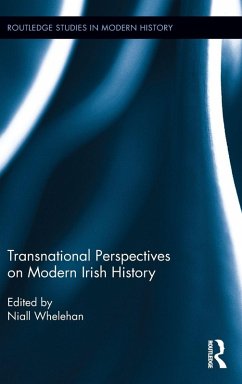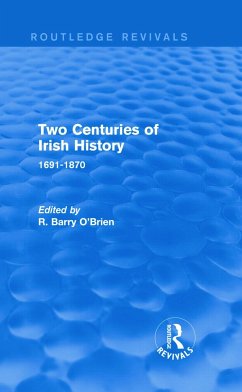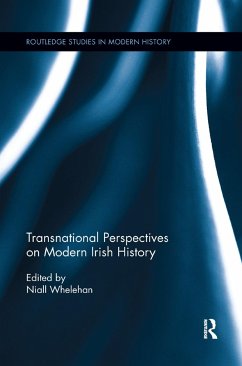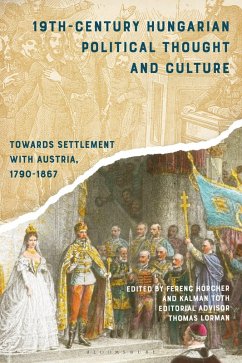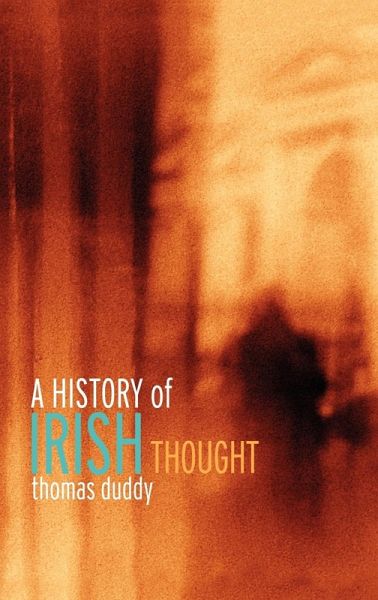
A History of Irish Thought
Versandkostenfrei!
Versandfertig in 1-2 Wochen
169,99 €
inkl. MwSt.
Weitere Ausgaben:

PAYBACK Punkte
85 °P sammeln!
The first complete introduction to the subject ever published, A History of Irish Thought presents an inclusive survey of Irish thought and the history of Irish ideas against the backdrop of current political and social change in Ireland. Clearly written and engaging, the survey introduces an array of philosophers, polemicists, ideologists, satirists, scientists, poets and political and social reformers, from the anonymous seventh-century monk, the Irish Augustine, and John Scottus Eriugena, to the twentieth century and W.B. Yeats and Iris Murdoch. Thomas Duddy rediscovers the liveliest and mo...
The first complete introduction to the subject ever published, A History of Irish Thought presents an inclusive survey of Irish thought and the history of Irish ideas against the backdrop of current political and social change in Ireland. Clearly written and engaging, the survey introduces an array of philosophers, polemicists, ideologists, satirists, scientists, poets and political and social reformers, from the anonymous seventh-century monk, the Irish Augustine, and John Scottus Eriugena, to the twentieth century and W.B. Yeats and Iris Murdoch. Thomas Duddy rediscovers the liveliest and most contested issues in the Irish past, and brings the history of Irish thought up to date. This volume will be of great value to anyone interested in Irish culture and its intellectual history.




